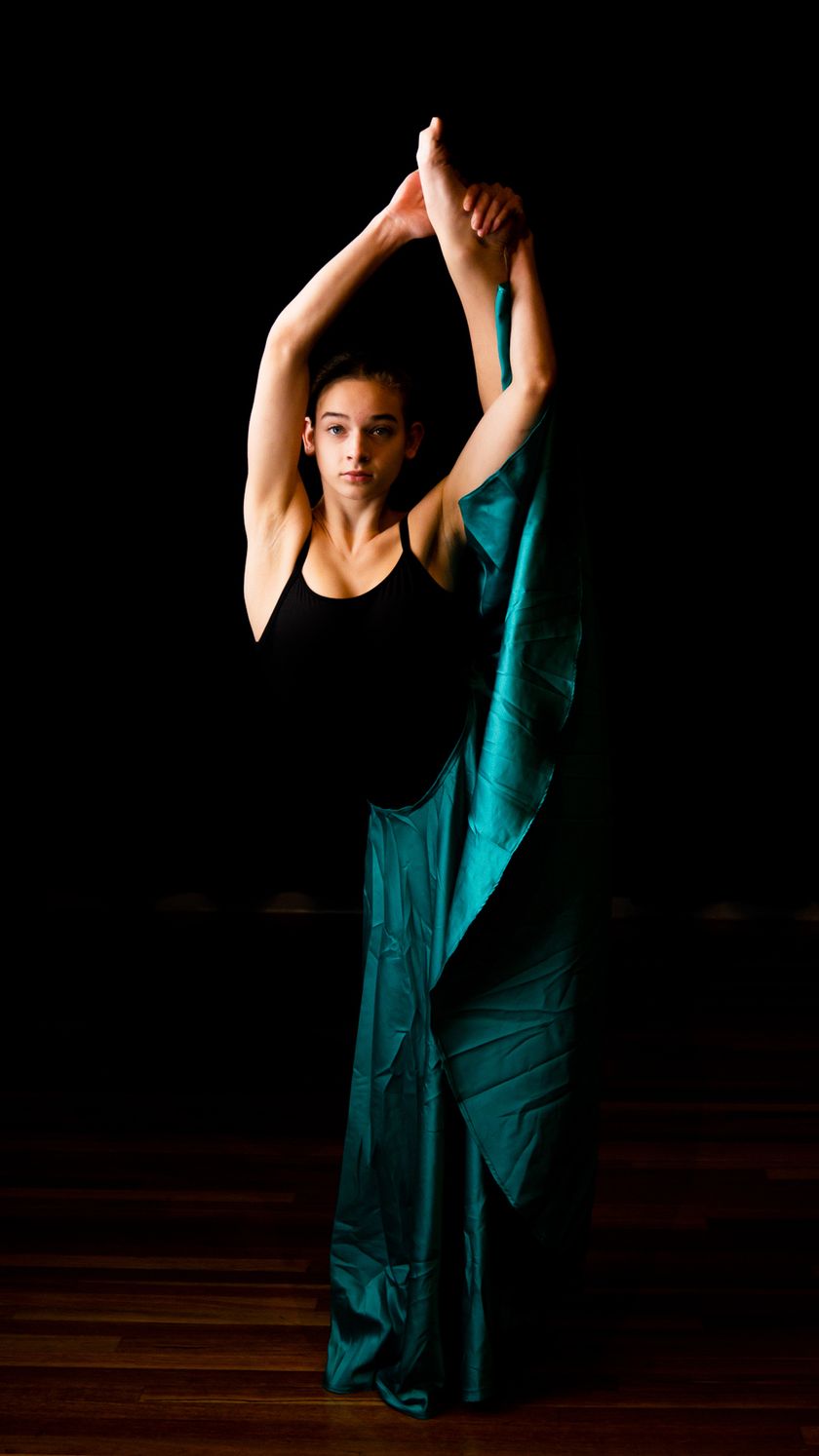

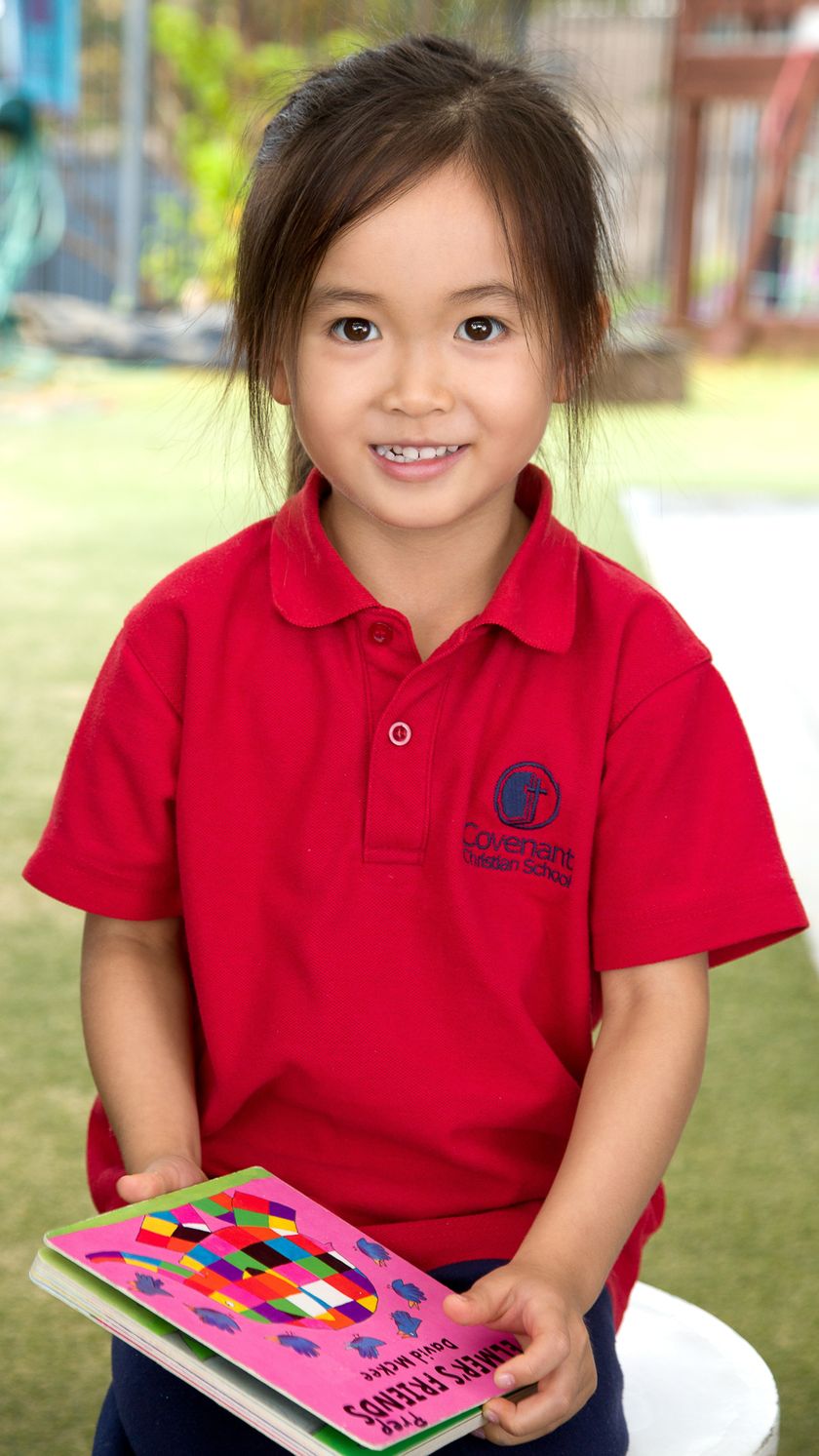
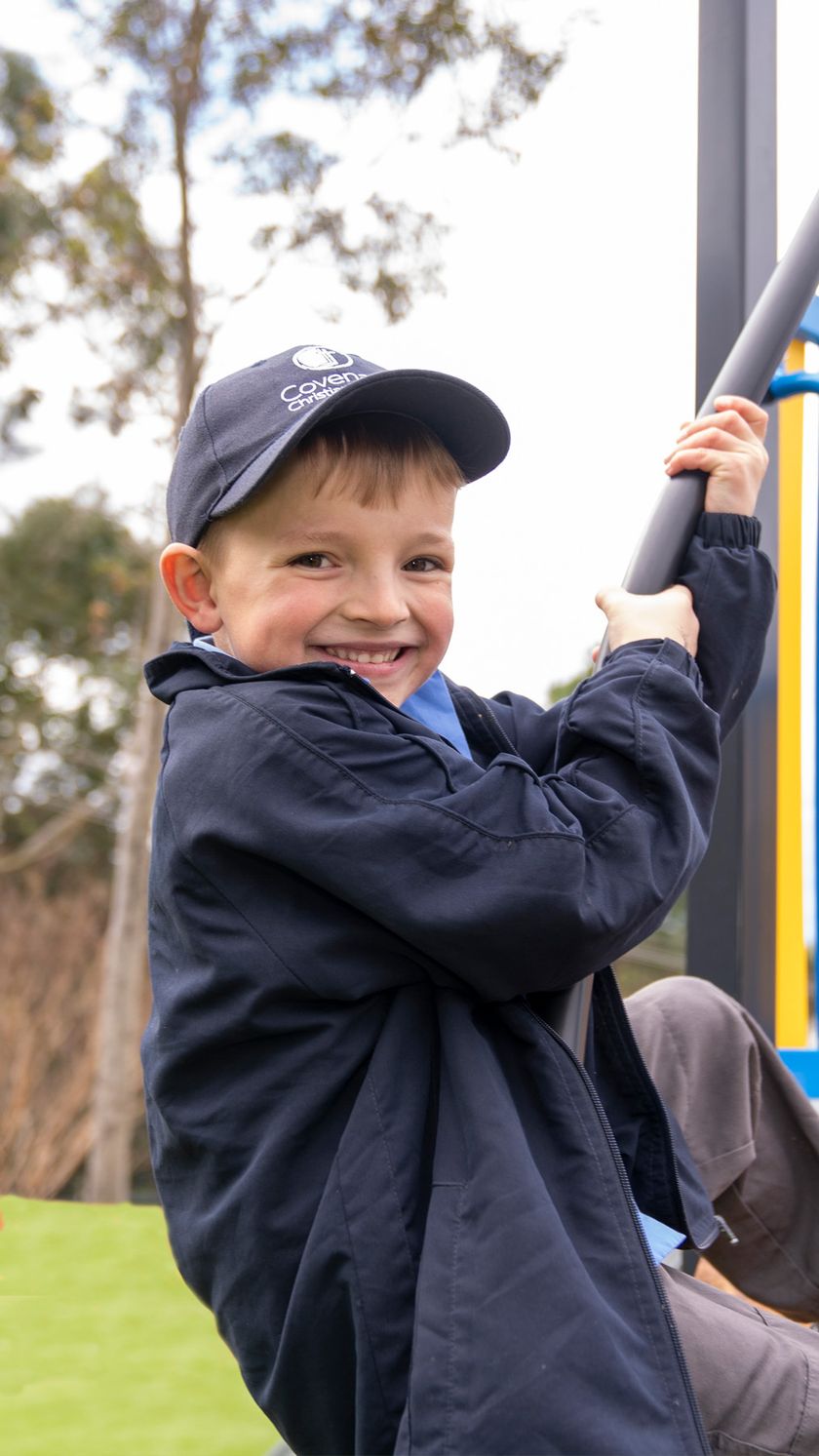
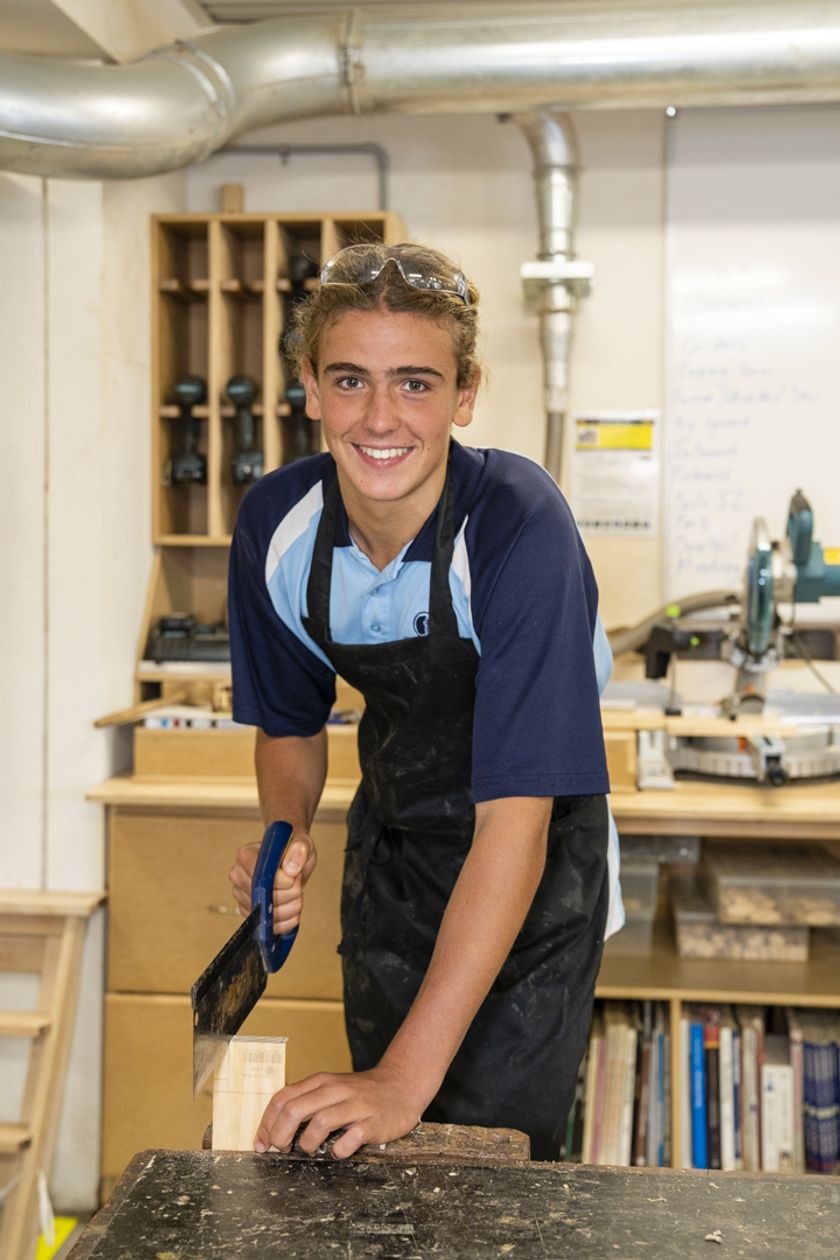
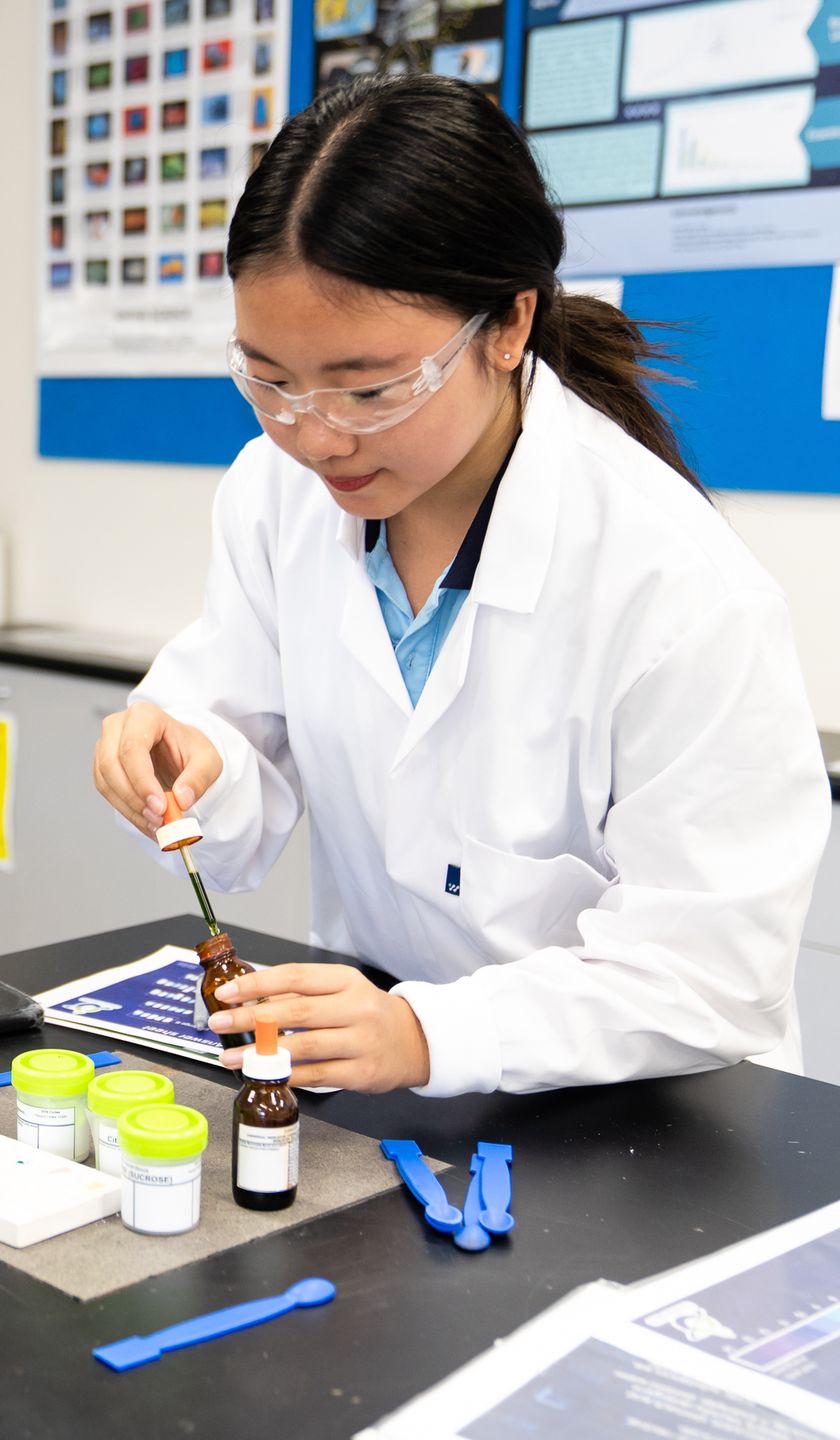
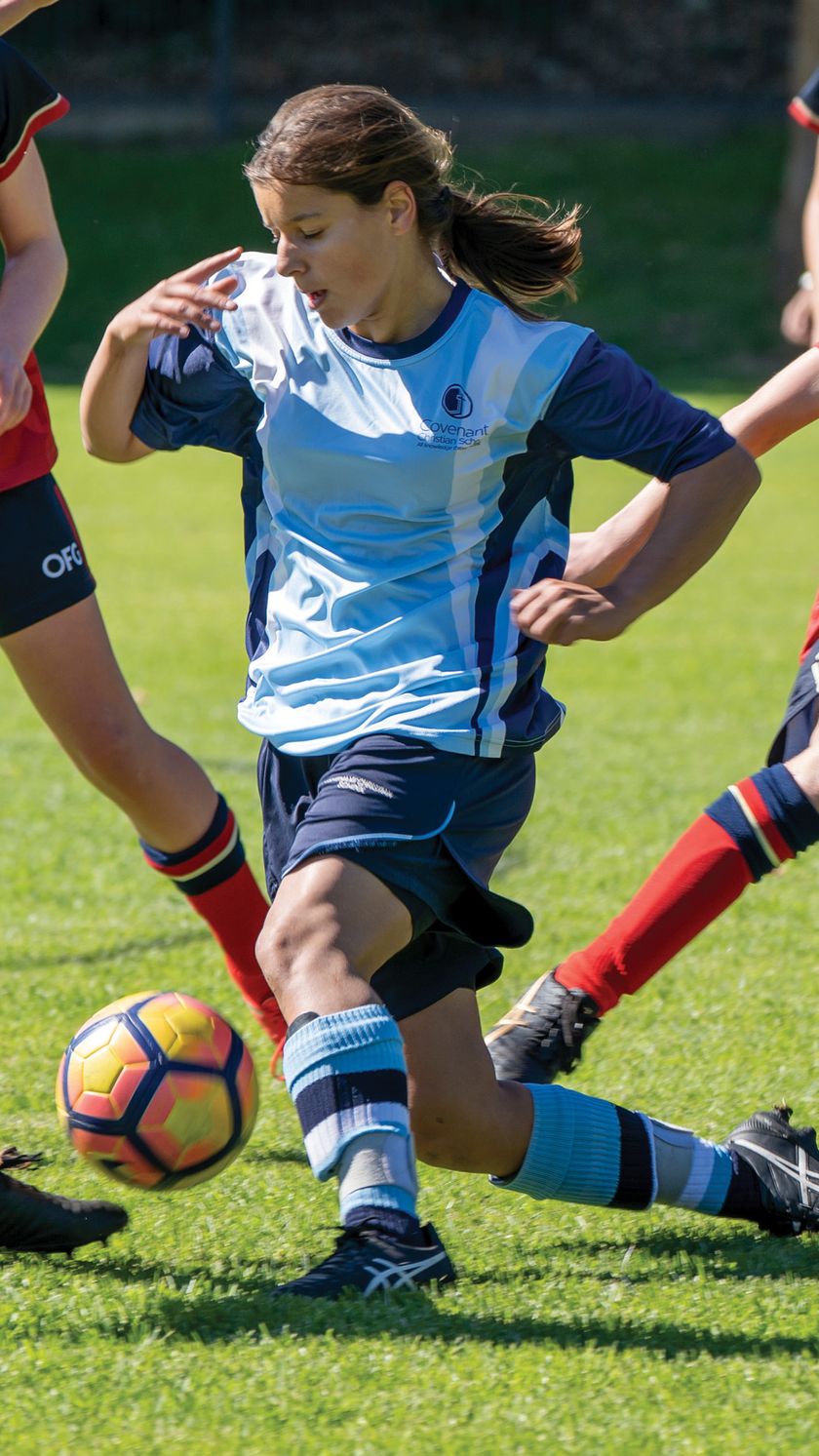







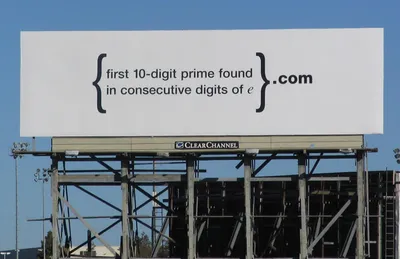
On a highway in Silicon Valley, a cryptic billboard posed a mathematical puzzle: тАЬ{first 10-digit prime found in consecutive digits of e}.com.тАЭ The answer, 7427466391.com took curious onlookers to another equation. Those who answered correctly were then invited to submit their resume to Google. Why? Because curiosity is a valuable commodity. As the CEO stated: We run this company on questions, not answers.
This year, we have started one-to-one peer coaching amongst the staff. The goal is not to impart the right answers. Rather, itтАЩs to ask the right questions. ItтАЩs about helping teachers create a culture of thinking in their classrooms.
And whatтАЩs it all about? Thinking for learning. We want to generate a culture where curiosity is encouraged. Where itтАЩs ok to take risks and to make suggestions.
Today, as the coaches were being trained in how to coach others, they considered the power of modelling. When a teacher models what it means to be inquisitive, when they explore possibilities, when they admit that they donтАЩt have all the answers, there is a significant shift in the learning environment. ItтАЩs then that students donтАЩt need to be тАШrightтАЩ, but rather can be free to wonder, to embrace curiosity. This requires vulnerability on the part of the teacher, but this vulnerability leads to trust. Trust means that it is safe to take risks.
IтАЩm glad that this is the kind of culture we are creating here at ╣·▓·╫╘┼─. After all, our worldтАЩs most exciting inventions and daring discoveries donтАЩt come with reiteration but exploration. Curiosity creates challenge and thatтАЩs where learning begins.
Sam Glassock
Head of Secondary School